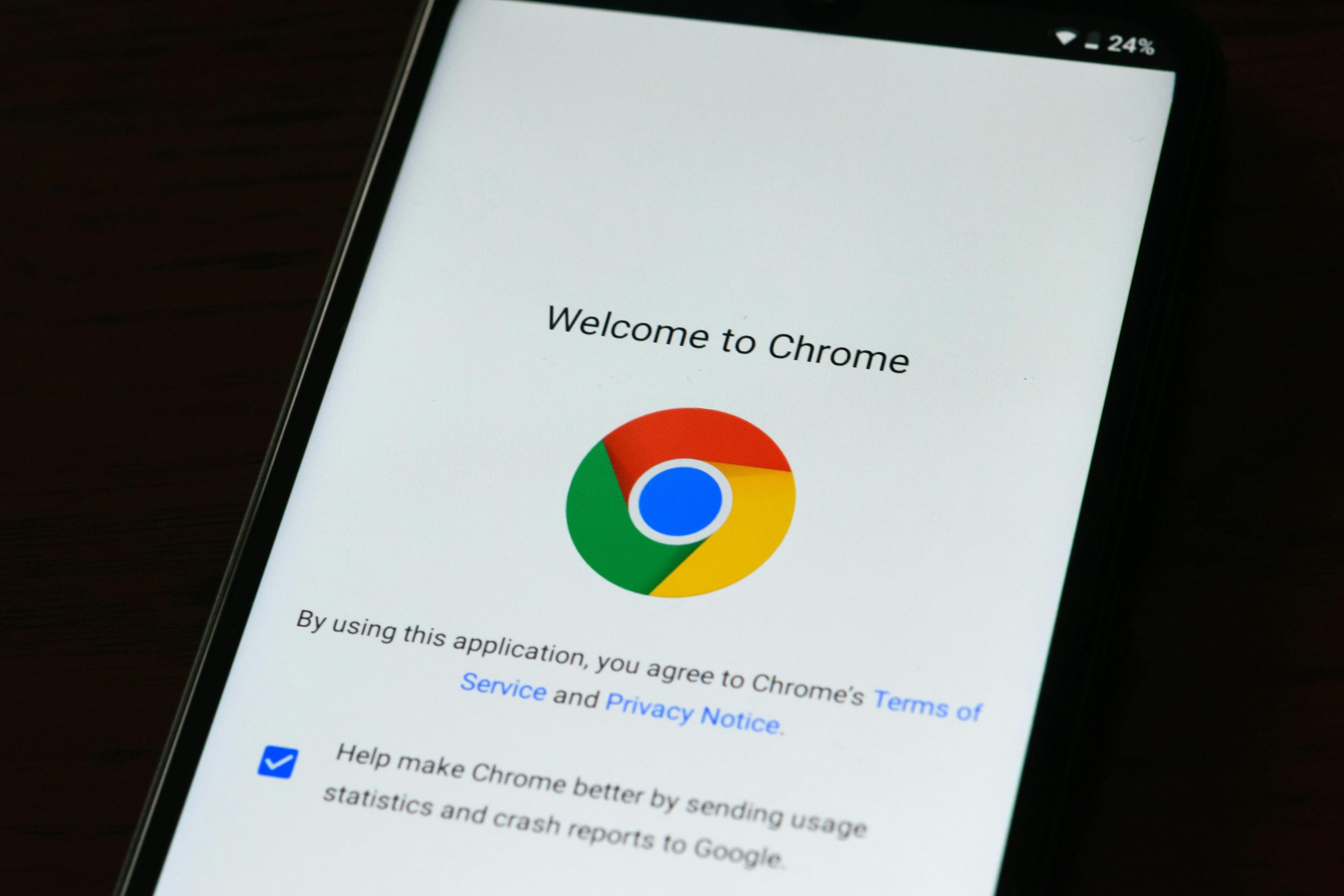How to Re-Enable uBlock Origin in Chrome: A Step-by-Step Guide
If you’ve encountered issues with uBlock Origin or Adblock being disabled in your Chrome browser, you’re not alone. Fortunately, there’s a solution to help you restore functionality to these essential extensions. Below, I’ll guide you through a straightforward process to re-enable them until a more permanent fix is put in place.
Step-by-Step Instructions
Step 1: Access the Registry Editor
– Open the Run dialog by pressing Windows Key + R.
– In the text box that appears, type regedit and hit Enter.
Step 2: Navigate to the Appropriate Directory
– In the Registry Editor, go to the path:
Computer\HKEY_CURRENT_USER\SOFTWARE\Policies\Google\Chrome.
Step 3: Create Necessary Folders
– If the Google or Chrome folders do not exist, you’ll need to create them.
– Right-click on Policies, select New, then Key.
– Name the first new key Google and create another key inside it named Chrome.
Step 4: Add a New DWORD
– Click on the newly created Chrome folder.
– On the right-hand side, right-click, select New, and then choose DWORD (32-bit) Value.
Step 5: Configure the DWORD
– Rename the newly created DWORD to ExtensionManifestV2Availability.
– Set its value to 2.
Step 6: Restart Chrome
– Close the Registry Editor and restart your Chrome browser.
Step 7: Enjoy Enhanced Browsing
– After completing these steps, your previously disabled extensions should now be back in action.
Final Note
This method serves as a temporary workaround until a more sustainable solution is implemented by Google. If you found this guide helpful, feel free to share it with others facing similar issues.
I didn’t create this tutorial myself; I came across it in the comments section where a thoughtful user shared these insights. If the original contributor sees this and wants to be credited, please contact me!
Share this content:



